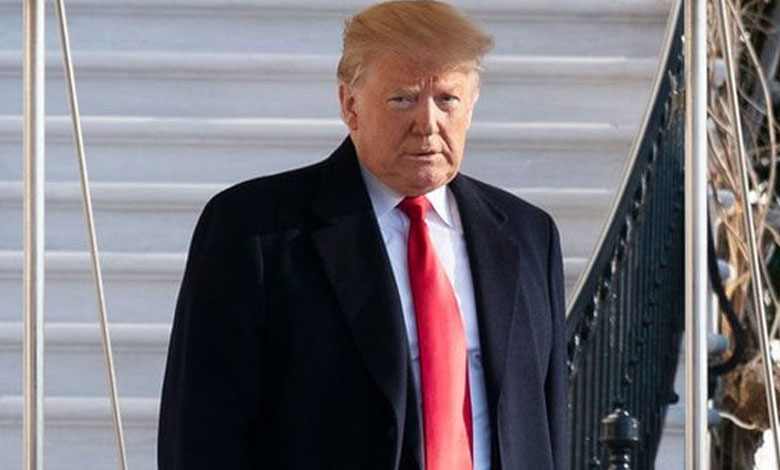Trump’s Sentencing Set for January 10: What Could Happen Next
The highly anticipated sentencing of former President Donald Trump is scheduled for January 10, just days before his inauguration. However, the judge overseeing the case has made a surprising ruling that could potentially close the matter without any significant punishment.

New York: The highly anticipated sentencing of former President Donald Trump is scheduled for January 10, just days before his inauguration. However, the judge overseeing the case has made a surprising ruling that could potentially close the matter without any significant punishment. The case revolves around a felony conviction related to a hush money payment, and here’s what we know about the next steps.
Table of Contents
Why is Trump Awaiting Sentencing?
Trump was convicted in May on 34 felony counts of falsifying business records. The charges stemmed from a $130,000 payment made in 2016 to adult film actress Stormy Daniels to prevent her from revealing an affair she claims to have had with Trump a decade earlier. Trump denies the affair and maintains that he did nothing wrong.
Trump’s sentencing was initially scheduled for July 11 but was postponed twice at his lawyers’ request. It was rescheduled for late November, after the presidential election. Following his victory, the judge, Juan M. Merchan, decided to pause the proceedings and determine the best course of action.
What Did the Judge Order?
Judge Merchan denied Trump’s request to dismiss the conviction and close the case. He ordered Trump to appear for sentencing on January 10, either in person or virtually. However, the judge expressed that an “unconditional discharge” might be the most likely outcome, which would result in the case being closed without any imprisonment, fine, or probation, though the felony conviction would remain on the record.
Also Read: Trade, Tariffs, and H1B Visas: Will India Be Ready for Trump’s Tough Policies in His Second Term?
What Will Trump’s Sentence Be?
The final sentence will be decided on January 10. The charges could carry penalties ranging from probation and fines to up to four years in prison. However, the judge has indicated that an unconditional discharge, which leaves the conviction intact but imposes no further punishment, is the most likely option. A mandatory DNA sample for the state crime databank is required for anyone convicted of a felony in New York, including those granted an unconditional discharge.
Can Trump Appeal the Ruling?
Trump’s ability to appeal the ruling is unclear. Under New York law, Friday’s decision cannot be appealed, but Trump’s legal team may attempt to challenge other aspects of the case. His attorneys have already sought to have a federal court take over the case, and they plan to file a response with the U.S. 2nd Circuit Court of Appeals by January 13. If necessary, Trump’s team has indicated they may seek the U.S. Supreme Court’s involvement, citing presidential immunity based on the court’s previous rulings on this issue.
What Do Prosecutors Say?
Prosecutors have declined to comment on the judge’s ruling. They had previously suggested delaying sentencing until after Trump left office, or closing the case without sentencing due to presidential immunity. However, Judge Merchan rejected those suggestions, stating that they were not viable.
Can Trump Appeal His Conviction?
Yes, Trump can appeal his conviction, but by law, this can only happen after he has been sentenced.
Could Trump Pardon Himself Once He Becomes President?
No, Trump cannot pardon himself in this case, as presidential pardons only apply to federal crimes. The charges Trump faces were brought in a New York state court, meaning a presidential pardon would not apply here.
The situation remains fluid, and the outcome of Trump’s sentencing will likely have significant legal and political implications.
